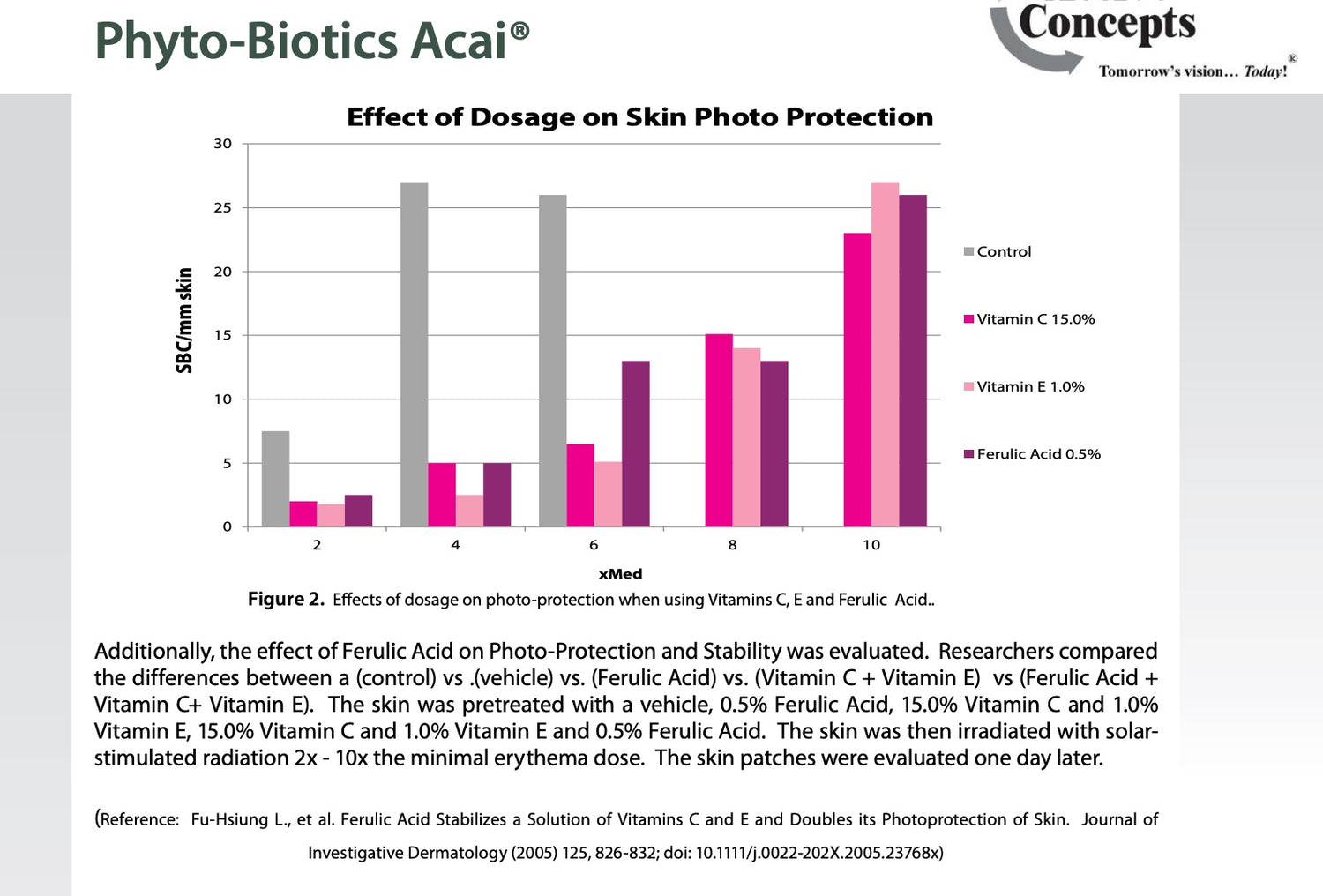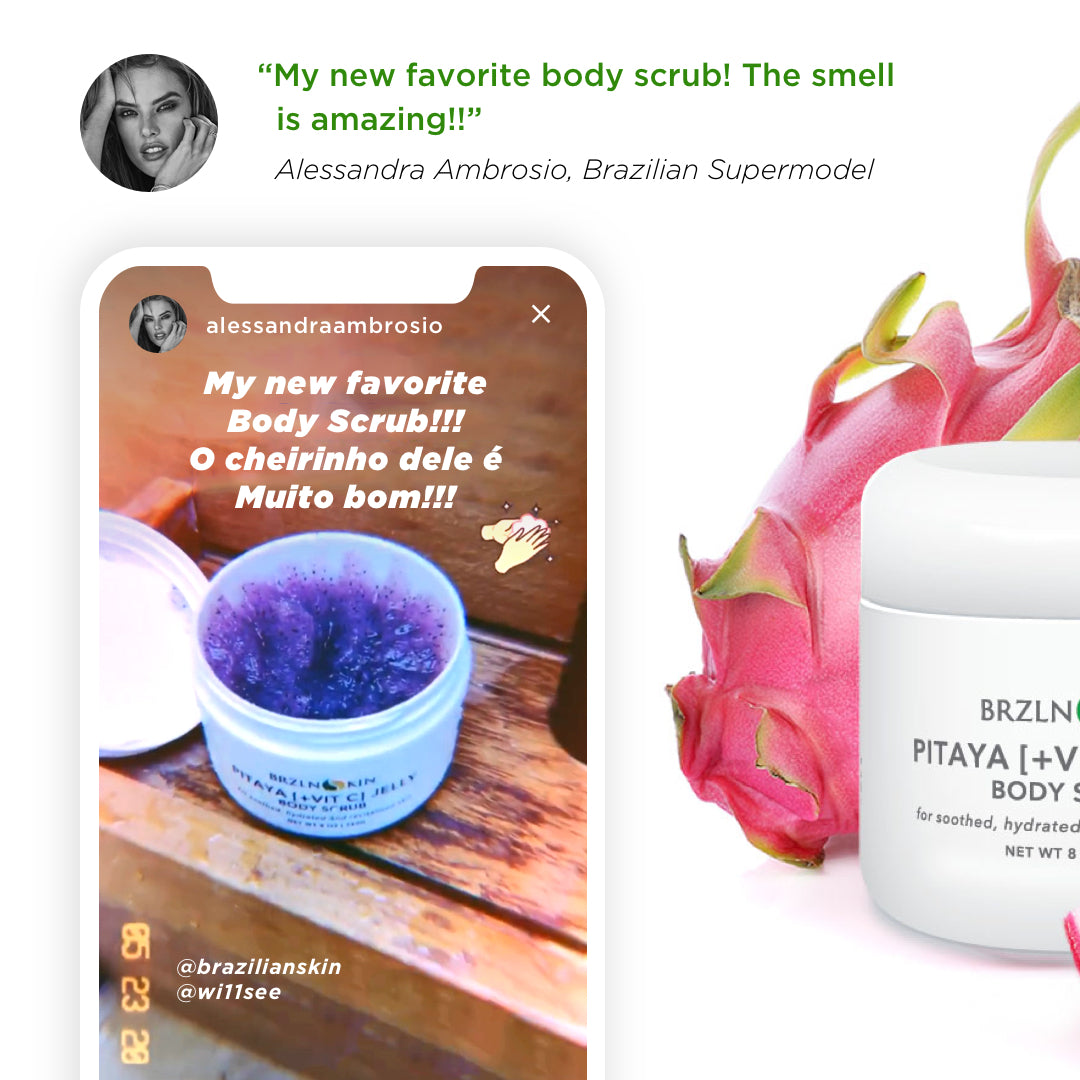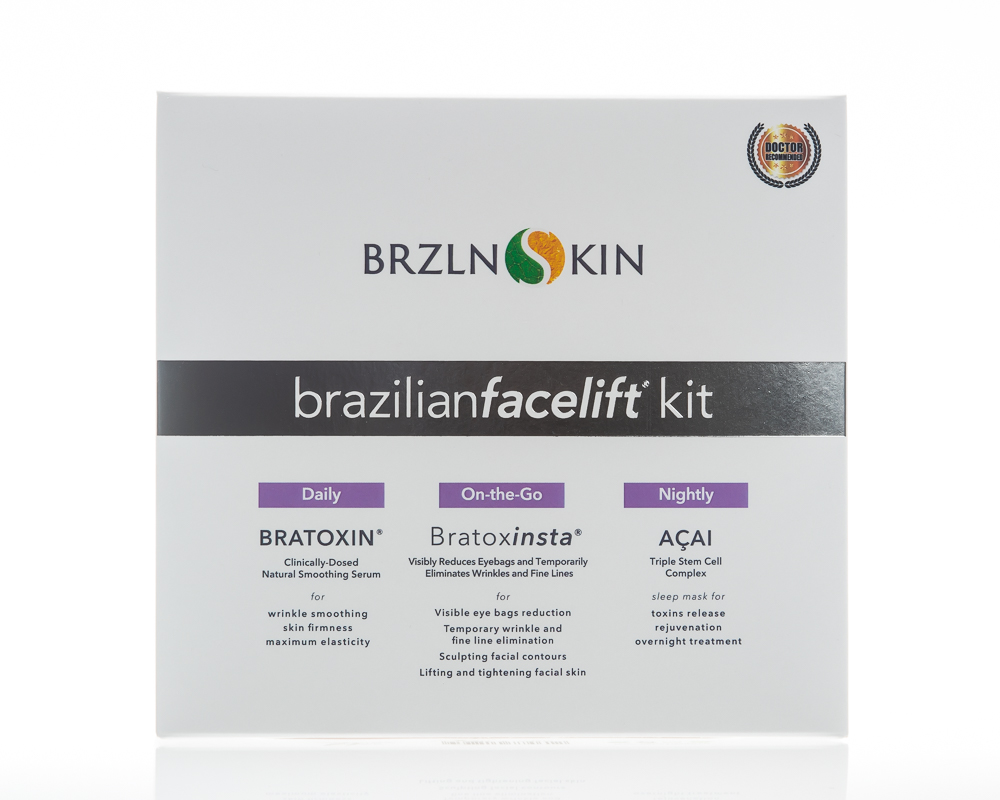Do you have problems with impure, damaged, dry or oily skin on the face? Then organic face masks are just the thing for you! The face is like no other body region - apart from the hands - daily exposed to a variety of influences, from pollution, heat or cold, to stress, make-up or the regular walk to the solarium.
Face masks contribute for a pore-deep cleaning of the pimples, blackheads & acne. It creates an invigorating freshness experience and relaxation of the skin for a healthy complexion.
As you can see, facial masks offer a " multi-purpose function " and should, therefore, be supplemented for careful skin care.
Different face masks for different skin types/problem cases
Of course, there are big differences and not every mask is effective for every " problem case " or suitable for every skin type. For dry skin, you need a different mask than tired skin etc.
In order to make it easier for you to choose the right mask, each formulation has its own application mask.
Organic Face Mask for Blackheads
There are blackheads on the nose, but also on the chin. An unpleasant thing, especially because the development process is completely different than with conventional pimples. In addition, blackheads have a striking color scheme, which immediately catches the eye of the opposite.
Blackheads on the chin occur most often and are a very unpleasant thing. Unfortunately, most pubescent adolescents know about this problem.
Most pimples are rather harmless and can actually be treated easily.
Natural Remedy for Blackheads on the Chin
If one were to ask a natural health practitioner, he would answer on a natural basis and recommend scrubs, healing earth or chamomile products. Chamomile inhibits inflammation without harming the skin and has an antibacterial effect. Germs are killed naturally and it is unlikely that the blackheads will return to the chin. Even peels with sea salt has proven itself over the years again and again.
Anyone who has been to the sea for a long period of time will be able to confirm that the skin is improving a lot. In addition, natural remedies can be used and do not need to be bought in drugstores. Aloe vera, zinc, tea tree oil or honey can be used long-term and harmless.
The well-known Bach flower or laser therapy, as well as acupuncture, homeopathy or kinesiology, can help in the long term with more common blackheads. However, these methods should first be clarified by the alternative practitioner or doctor, because not every type is suitable for every treatment.
Sometimes there are things you just should not do. And yet they are always done for the wrong reasons. This includes, for example, the expression of blackheads with your fingers. Of course, it is tempting and you want to say that you are doing something good with it.
But in the end, just the opposite is achieved: The spot is inflamed and in the worst case even scars are formed which are difficult to repair.
Even greasy creams or alcohol and nicotine can harm the skin long term. And just as fatty and unhealthy foods are not conducive to healthy skin. " You are what you eat " - this saying should be familiar to all and he agrees. Those who eat a well-balanced diet, eat fresh fruit and vegetables regularly every day, will quickly recognize this by their complexion.
Also, our drinking behavior and the amount of water we drink can be crucial for our skin. Those who do not drink enough cannot support their body in flushing out toxins.
Last but not least it is important to stay with the blackheads on the chin. Make-up and other cosmetics clog pores and do not let the skin breathe. Even if it is difficult - often put on an unvarnished day or spare the skin at least on the weekend.
Different masks
There are different types of masks for sale: moisture masks, deep cleansing masks, oxygen masks, vitamin masks, paraffin masks, sulfur masks, astringent masks, moisturizing masks, detox masks, and firming masks. There is a certain type of mask for every type of skin.
The exposure time can differ per mask, so always read the instructions. Some masks must be removed after a certain amount of time and some masks can be left behind. For the correct operation, it is important that you follow the instructions carefully.
Right mask for your skin
Choose a mask that best suits your skin. If you do not know it yourself, have yourself informed at the pharmacy or perfumery. They can tell you a lot about this. Do not use a mask that is suitable for a different skin type, because then it does not do anything good for your skin and that would be a shame.
Masks for sensitive skin can usually be used by other skin types. These masks are very soft, do not dry out and do not irritate.
Are you allergic or sensitive? Then pay attention to the ingredients. Make sure there is no alcohol in your mask or a lot of perfume.
Fat skin: For oily skin, it is best to choose a clay or mud mask, preferably a mask that hardens. This pulls the dirt out of your pores and absorbs the excess sebum and impurities.
Combined skin: For a combined skin, you can best choose a gel mask. This mask balances the skin and is moisturizing. You can also opt for a combination. A clay mask for the T-zone (forehead, nose, chin) and a cream mask on the rest of your face.
Dry skin: For dry skin, it is best to take a mask of cream that does not dry or become hard. These masks can be rinsed after 10 to 15 minutes, but often the masks are also made to let them sit. You can use this mask once or twice a week.
Exfoliating mask: An exfoliating mask can be used with any skin type. The mask removes dead skin cells that can clog your pores. Sometimes there are small scrub particles in it. Do not use this mask too often!




